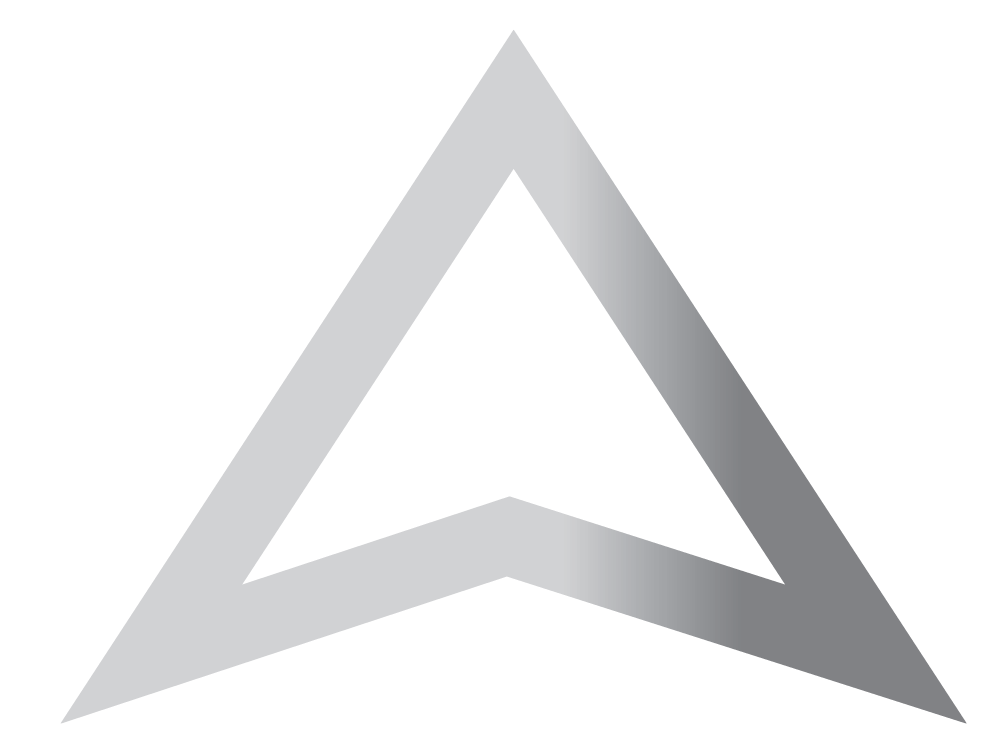PELVIC HEALTH SERVICES
REVITALIZE YOUR LIFE
WITH ADVANCED PELVIC HEALTH SOLUTIONS
Pelvic floor dysfunction encompasses a variety of issues such as incontinence, constipation, and pain, arising from weakened, tight muscles or structural impairments in the sacroiliac joint, lower back, coccyx, and/or hip joint. This can lead to heightened or reduced sensitivity and irritation in the tissues surrounding the pelvic organs, causing pelvic discomfort. So, look no further than the advanced pelvic health solutions at Advanced Physical Therapy for a more comfortable, active life!

DO YOU NEED PROFESSIONAL PELVIC CARE?
Here are some indicators that it might be time to consult with our
pelvic health specialists:
- Experiencing discomfort or pain in the pelvic region
- Difficulty with bladder or bowel control
- Persistent lower back pain
- Postpartum complications
If you're
experiencing any of these symptoms, don't hesitate to reach out to us. Your health is our priority.
HOW CAN A PHYSICAL THERAPIST HELP THE PELVIC FLOOR?
BLADDER DISORDERS
- Urinary frequency- more than 12 voids in a 24 hour period
- Urinary urgency, hesitancy, retention and/or incomplete emptying
- Nocturia (urinary frequency at night) more than 1 void during sleeping hours
- Pain in the urethra, bladder, and/or pelvis
- Difficulty initiating urination
- Weak urine stream and/or a stream that stops and starts
- Interstitial Cystitis (IC): Also known as painful bladder syndrome (PBS). Recurring pain or discomfort in the bladder and the surrounding pelvic region. Signs and symptoms may include urinary urgency, frequency, nocturia (nighttime frequency) and retention; dyspareunia (painful intercourse); pain in the low back, suprapubic area, and/or abdomen; and pain before, during, or after urination.
- Urinary Incontinence: Any involuntary loss of urine. This can be due to muscle weakness or muscle spasm/tightness.
- Urge incontinence: Urine loss due to a strong desire to urinate (urgency), with only a quick warning.
- Stress incontinence: Urine loss due to an increase in abdominal pressure, such as coughing, sneezing, lifting, laughing and running.
- Mixed incontinence: Combination of urge and stress incontinence.
- Urinary retention: Difficulty or inability to urinate. This could be caused by various medical conditions of the prostate, kidneys or urethra. Additionally, some medications may cause urinary retention. Retention may be a symptom of pelvic floor dysfunction when pelvic floor muscles are in spasm or guarding and a patient is unable to relax the muscles, which is necessary for emptying of the bladder.
BOWEL DISORDERS
- Constipation
- Fecal Incontinence
- Bowel frequency, urgency, retention, and/or incomplete emptying
- Hemorrhoid pain
- Rectal prolapse (Rectocele)
- Difficulty controlling flatulence/gas
- Diarrhea Bloating
- Rectal and/or abdominal pain, pressure, or spasm
- Pelvic pain
- Levator Ani Syndrome
- Cystocele: Herniation or protrusion of the bladder into the vagina most often due to pelvic floor muscle weakness. May result in incomplete emptying of the bladder and consequently urinary leakage.
- Enterocele: Herniation or protrusion of the small intestine between rectum and vagina
- Uterine Prolapse: Herniation or protrusion of the uterus into the vagina
- Rectocele: Rectal prolapse
PELVIC PAIN
- Prostatitis
- Testicular Pain
- Penile Pain
- Proctalgia Fugax
- Coccydynia
- Anismus
- Endometriosis
- Pelvic Congestion
- Pelvic Inflammatory disease (PID)
- Dyspareunia
- Vaginismus
- Vulvar vestibulitis
- Vulvodynia
- Lichen Planus
- Lichen Sclerosis
POST SURGICAL CARE
- Hysterectomy
- Hernia repair
- Laparoscopy/laparotomy
- Cesarean section
- Appendectomy
- Prostatectomy
- Episiotomy
SERVICES FOR CHILDERN
Is your child over 5 years of age and still wearing pull-ups? Is your child on medication to regulate his/her bowel/bladder? If any of the problems listed below sound familiar, then we can help!
We meet with each child and their parent/s or guardian initially to get a thorough knowledge of history and current problems. We then do a physical examination, looking at the muscles of the abdomen, legs, back and others we feel applicable to the specific problem. Finally, we consult with the parent and child to develop an individualized treatment plan. Treatment is one-on-one, hands on, in a comfortable and private treatment room with the parent or guardian present.
- Urinary incontinence (Loss of urine)
- Urinary urgency (Constant/strong need to urinate)
- Urinary frequency (Urinating over 8 times in a 24-hour period)
- Urinary retention (not fully emptying the bladder)
- Fecal urgency, frequency, and/or retention
- Bowel incontinence, pain with defecation, inability to empty bowels
- Excessive gas, abdominal bloating
- Constipation, diarrhea with/without soiling or staining
OUR MISSION
At Advanced Physical Therapy of Little Rock, North Little Rock, and Benton, our focus is on providing patient-centered, outcome oriented and scientifically based treatment for general orthopedic problems, lymphatics, prenatal and postpartum conditions, and pelvic floor dysfunction for men, women, and children of all ages.
client testimonial
"An amazing place to recover from knee replacement surgery because of the incredibly skilled staff & their commitment to helping us fully recover. Murphy Perkins was my therapist & she is the best! So grateful for her & the rest of the staff for creating an atmosphere to do the hard work but yet they make it upbeat & enjoyable. Love this place!!"
- Nancy H. via Google

